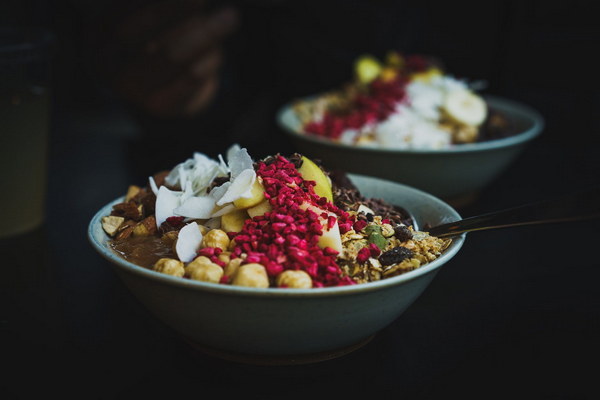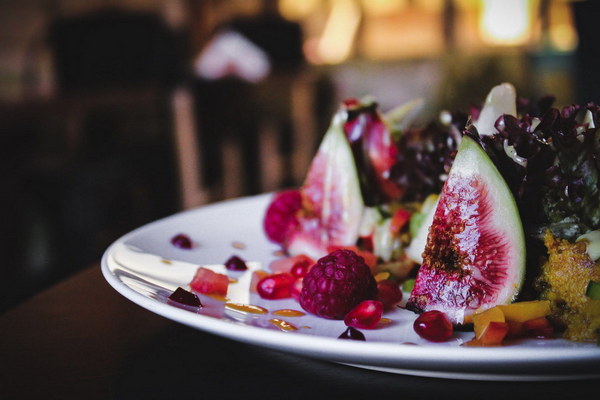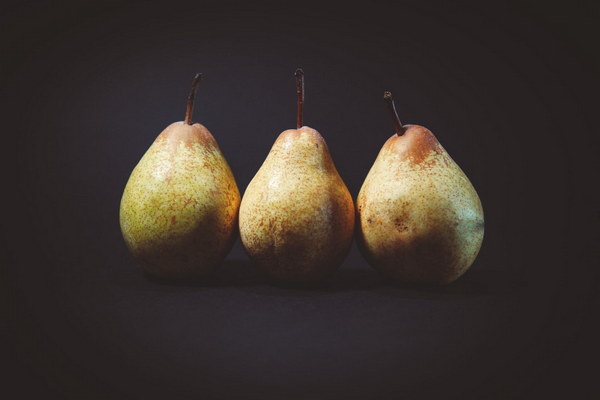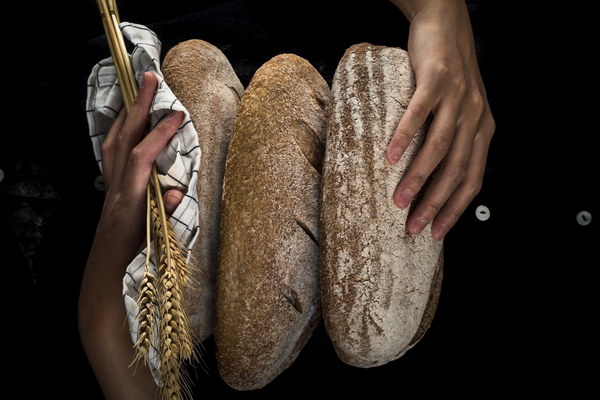Relieving Dampness and Nourishing Blood A Guide to Traditional Chinese Remedies for Blood Deficiency and Dampness
In Traditional Chinese Medicine (TCM), the concept of blood deficiency and dampness is a common occurrence, leading to a variety of symptoms that can affect one's overall well-being. Blood deficiency can manifest as weakness, fatigue, and paleness, while dampness can result in a range of issues, such as weight gain, poor digestion, and water retention. To address these conditions, TCM offers a variety of remedies, with herbal teas being a popular choice for those suffering from blood deficiency and dampness. Here is a guide to some of the most effective TCM teas for this specific condition.
1. Dong Quai Tea (Angelica sinensis)
Dong Quai, also known as female ginseng, is a well-known herb in TCM for nourishing blood and alleviating pain. This tea is particularly beneficial for women, as it can help regulate the menstrual cycle and reduce cramps. The warming properties of Dong Quai help expel dampness from the body, making it an excellent choice for those with blood deficiency and dampness.

2. Chuan Xiong Tea (Ligusticum chuanxiong)
Chuan Xiong is another herb that is often used in combination with Dong Quai to nourish blood and alleviate pain. This tea is believed to improve circulation and reduce blood stasis, which is often associated with dampness. Chuan Xiong is also known to enhance memory and alleviate headaches, making it a versatile herb for various symptoms related to blood deficiency and dampness.
3. Fu Ling Tea (Poria cocos)
Fu Ling is a natural absorbent that can help eliminate dampness from the body. It is often used in conjunction with other herbs to treat conditions such as edema, bloating, and poor digestion. The tea made from this herb is gentle and can be consumed regularly to maintain a balanced body and mind.
4. Bai Zi Ren Tea (Semen biotae)
Bai Zi Ren is a seed that is commonly used in TCM to nourish the heart and calm the mind. It is also known to help alleviate anxiety and improve sleep, which can be affected by blood deficiency and dampness. The tea made from Bai Zi Ren is a soothing option for those who are experiencing stress-related symptoms.
5. He Huan Pi Tea (Mimosa tree bark)
He Huan Pi is a natural diuretic that can help eliminate excess fluid from the body, reducing symptoms of dampness such as water retention and bloating. This tea is also known for its calming properties, making it a suitable choice for those who are experiencing anxiety or stress due to their condition.
When preparing these teas, it is essential to follow the instructions provided by a TCM practitioner or a knowledgeable herbalist, as the correct dosage and brewing method can significantly impact the effectiveness of the treatment. It is also important to note that while herbal teas can provide relief for symptoms associated with blood deficiency and dampness, they should not be used as a substitute for professional medical advice and treatment.
In conclusion, traditional Chinese remedies offer a holistic approach to treating blood deficiency and dampness, with herbal teas being a popular and effective option. By incorporating these natural remedies into one's daily routine, individuals may find relief from the symptoms associated with their condition and experience improved overall well-being.









